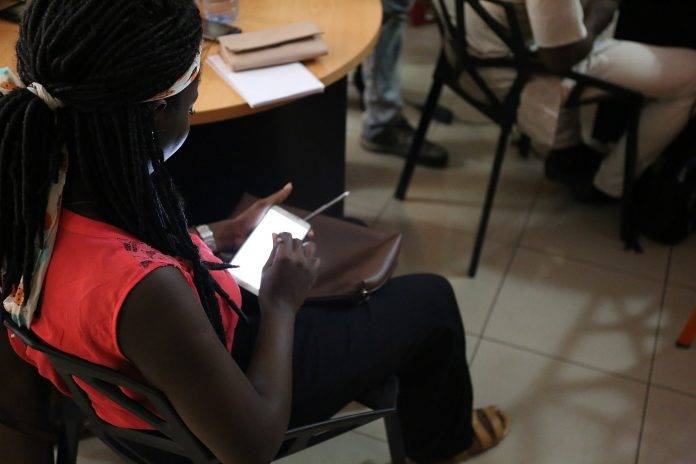
When Wikipedia Foundation launched its Wikipedia Zero program 6 years ago, access to the Internet through carriers was very different back then. The program let people in developing countries access Wikipedia without having to pay for the data and it’s the carriers who were carrying the load so to speak. But now they are discontinuing it and will let the partnerships run their course and by the end of 2018, it will be totally phased out. This is due to a “significant drop-off” since 2016, although they are looking into other Zero-like concepts in the future.
When Wikipedia Zero was created, the goal was to give people access to all the information that is contained in their database without having to spend so much for data on their carrier plans. However, one of the reasons why they’re discontinuing this is that there is very low awareness of what Wikipedia actually is, outside of North America and Europe. To address this, they will be exploring other ways to introduce their whole knowledge network to more people, but it won’t be thorough Wikipedia Zero anymore.
Another reason for discontinuing the program is that there has been a significant lack of interest since 2016, probably because mobile data costs are now more affordable that people can actually access the Internet through their carriers and not break the bank. They conducted “extensive research” as to why this is and so they arrived at this decision to not continue with Zero anymore.
The Wikipedia Foundation promised to continue exploring, evaluating, and measuring the impact of their partnerships. They are taking 2018 to think over the ideas that they have gained from this experience to come up with new ideas to bring more Wikipedia knowledge to the world.
SOURCE: Wikipedia









